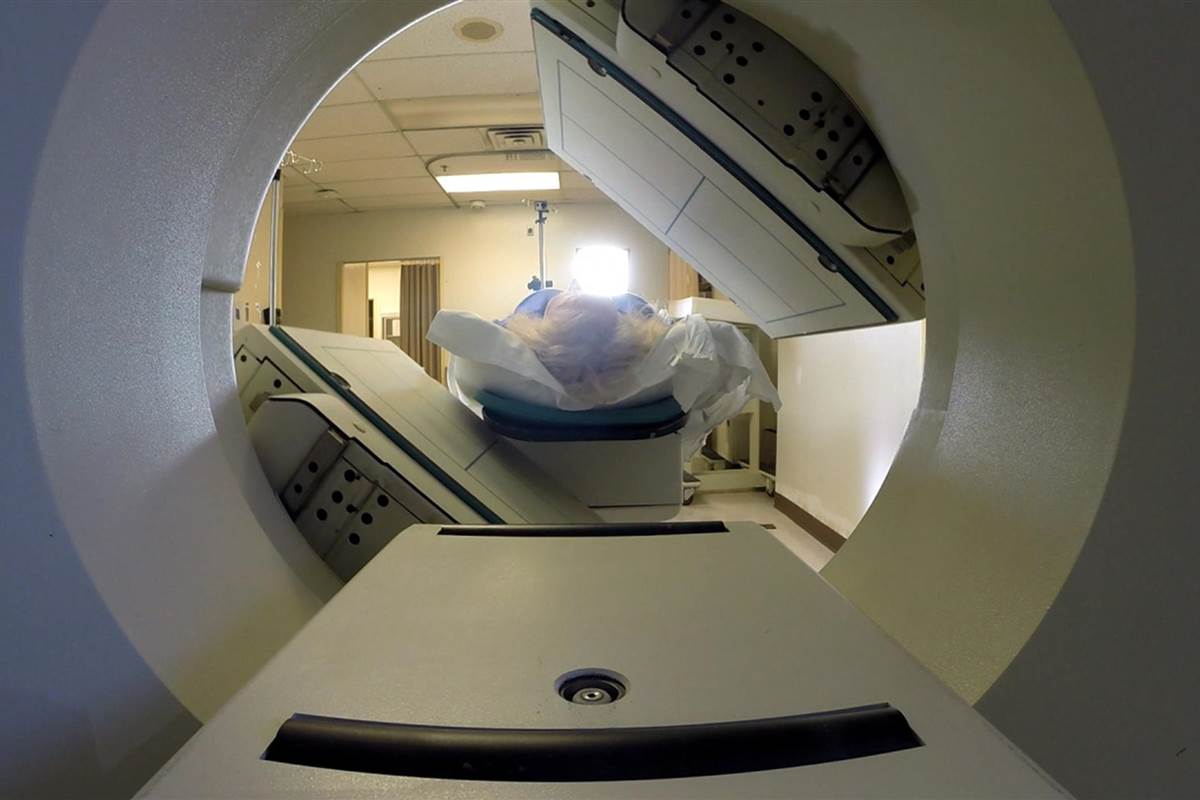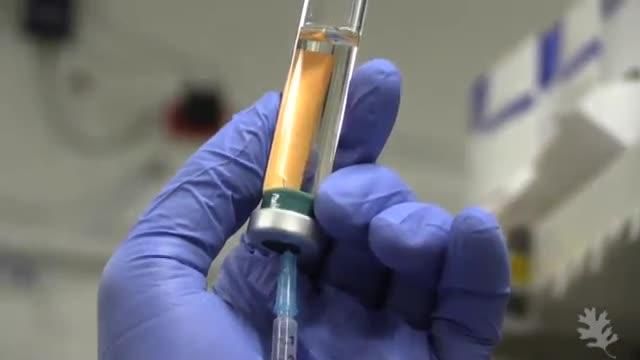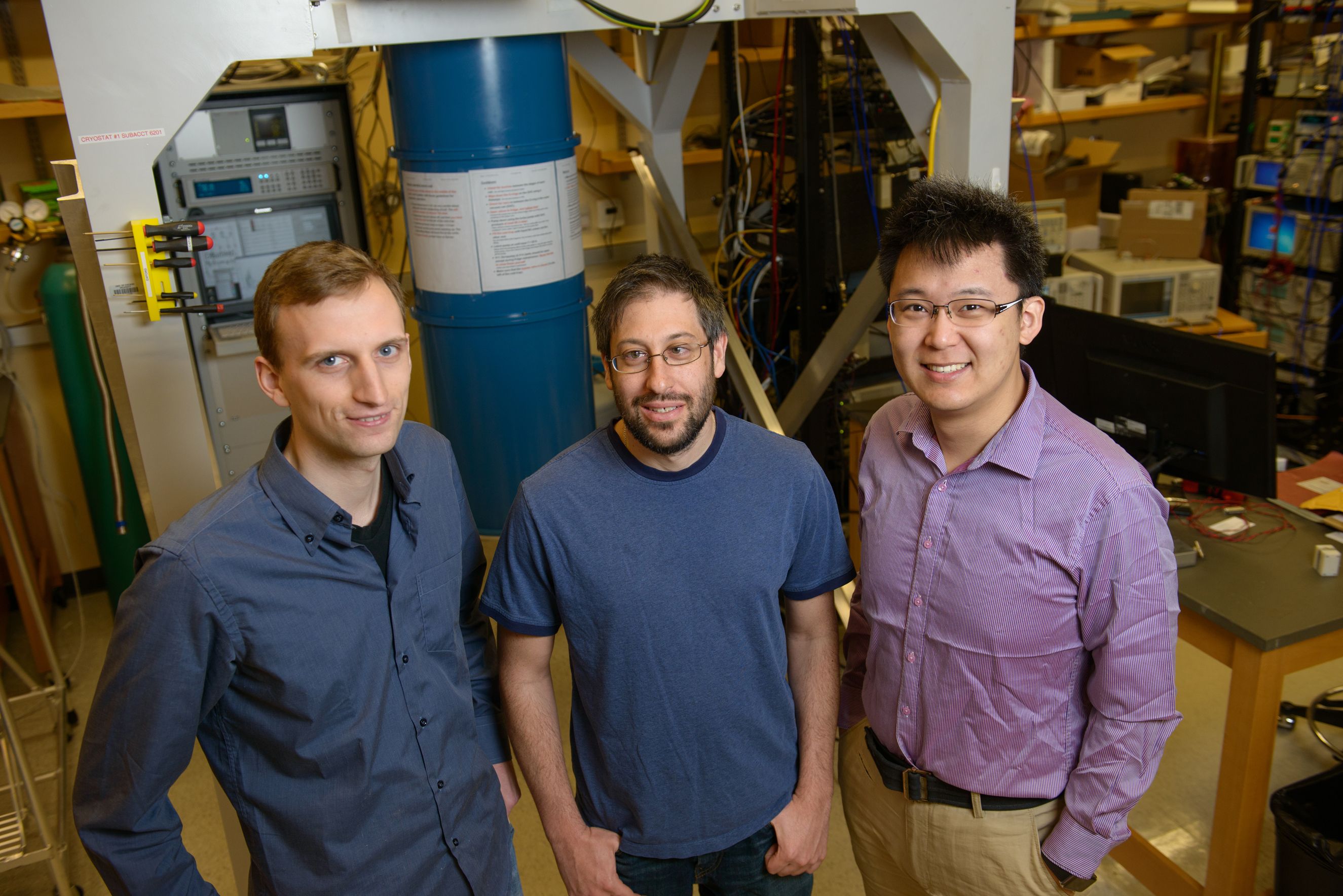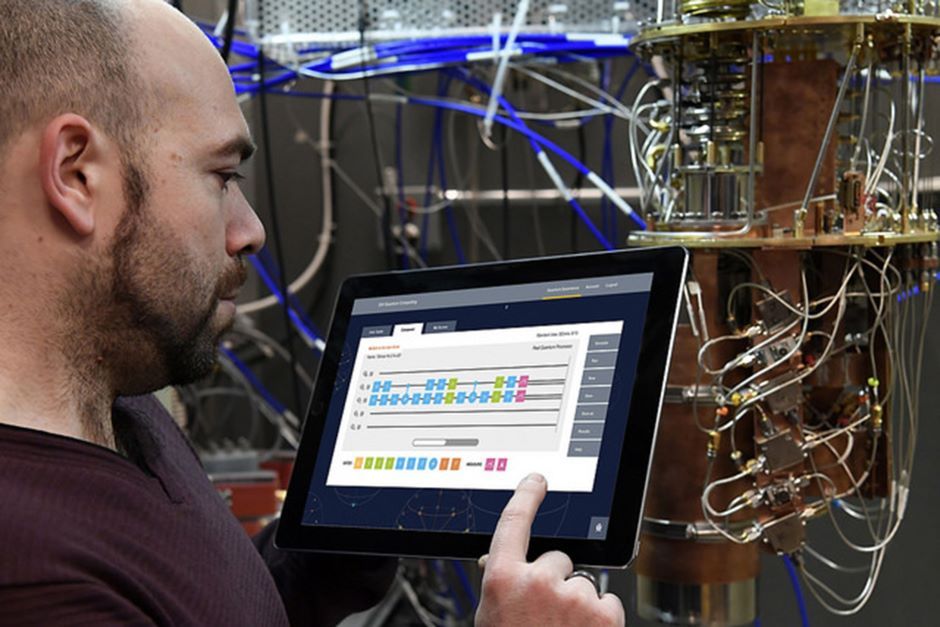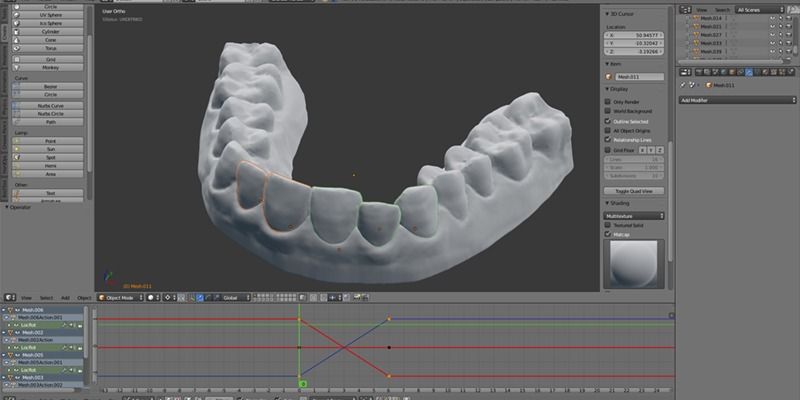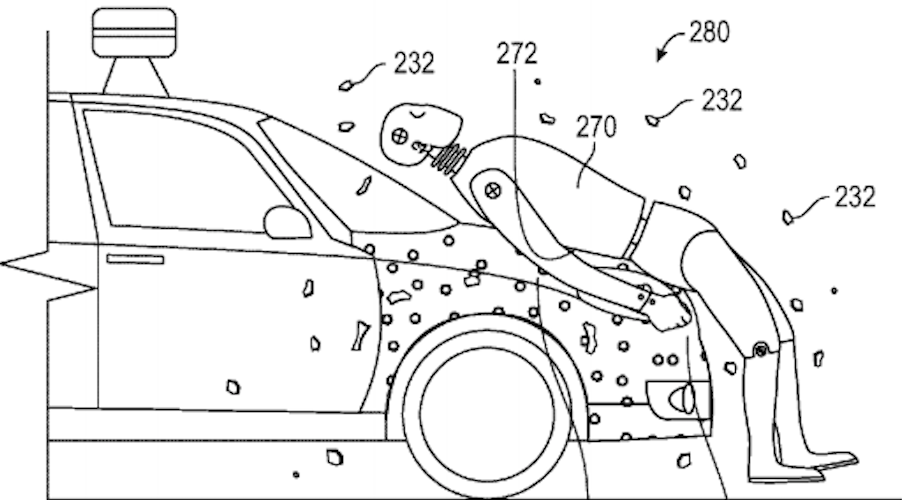May 19, 2016
Here’s How to Prevent Half of Cancer Deaths
Posted by Karen Hurst in categories: biotech/medical, genetics
Harvard you’re wrong. Why? Harvard needs to explain to all the families with genetic mutations tied to various types of cancer, cancer survivors who carry a genetic mutation, or the workers who were exposed at work to radiation or carcinogens how their smoking caused their cancer when they never smoked in their entire life. However, how do you explain that to the countless million patients, survivors, and loved ones who lost someone to cancer that never smoked or were exposed to smoking.
As many as 40 percent of cancer cases, and half of cancer deaths, come down to things people could easily change, researchers said Thursday.
While Americans often worry about whether chemicals, pollution or other factors out of their control cause cancer, the new analysis shows otherwise: People are firmly in charge of much of their own risk of cancer.
Continue reading “Here’s How to Prevent Half of Cancer Deaths” »
